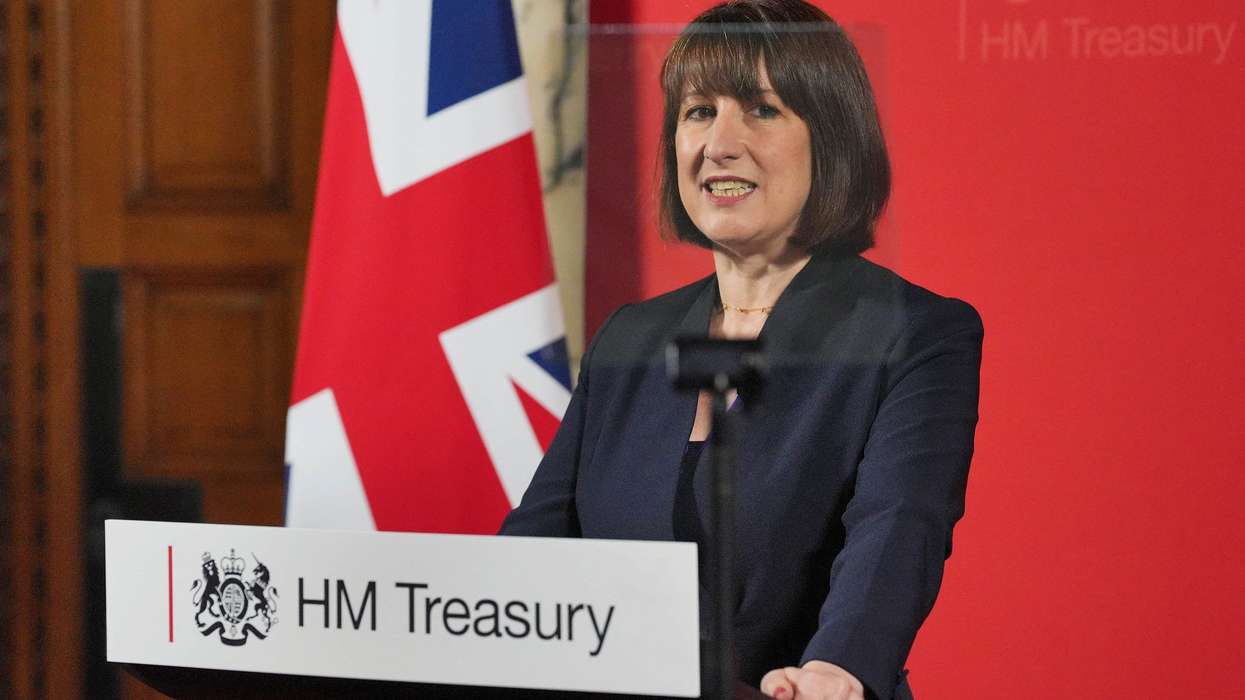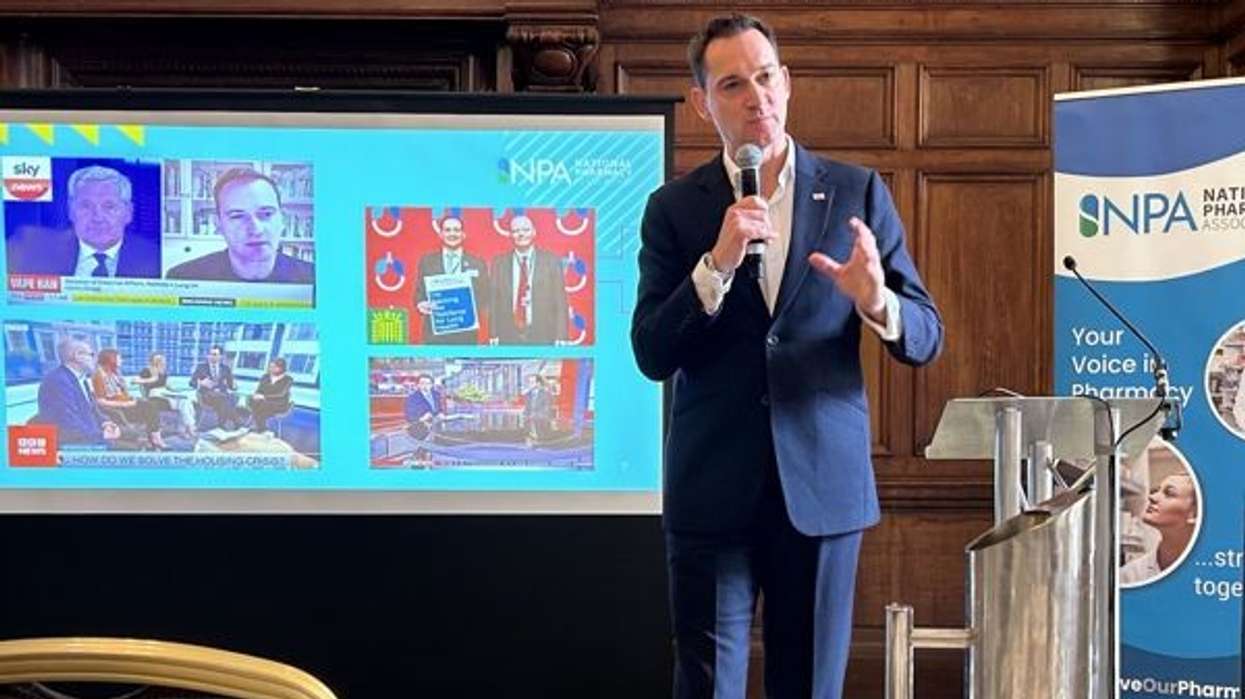By Jeremy Meader
Over the last few years, we have seen many multiples and regional groups invest in hub and spoke operations, creating a central hub that on a daily basis sends repeat prescription back to spoke pharmacies, provided they are in the same legal entity.
The government has recently committed that new legislation coming into effect from October 1st that will enable a hub to dispense on behalf of a different legal entity, enabling independents to potentially utilise a hub, creating a more level playing field.
Pharmacies will require approval from their local ICB to use a hub, so these could be operational by early November.
A key question is, will there be significant demand for such operations?
Five or six years ago, the answer probably would have been yes. However, much has changed in that time, as funding and cost pressures have heavily impacted the sector and many owners have utilised buying platforms to try and arrest declining margins.
This has resulted in many independents utilising a broader range of wholesalers. Will these owners be willing to change buying models again and effectively agree to a hub provider supplying 80 per cent plus of the products they dispense? That would represent a very significant change.
Realistically, to get the best possible efficiency from a hub most of the pharmacy’s spend needs to be committed to that provider. Spend not committed will result in more local additions being required, which reduces the potential efficiency benefits of the hub operation.
Perhaps some owners may be tempted by a cost-plus buying model, however recent evidence suggests that cost price is the primary driver for purchase decisions.
Of course, there are providers already offering a virtual hub service through the likes of the “Golden tote” or “Opti-tote”. Again, focus on cost price has been the biggest barrier for these providers to overcome.
There is also the question of the availability of hubs. Currently there is only one standalone hub operation, that has been waiting several years for the legislation to change.
Perhaps some multiples, who have created their own hub or central fill operation and have subsequently, as a result of funding pressure, sold off pharmacies, may offer this spare capacity. More likely than not, this will be offered to groups rather than smaller independents, purely to avoid complexity.
Some regional players may consider offering local independents any spare capacity they may have. However, there is currently only limited hub capability so this may restrict the uptake of hub services from a different legal entity.
With margins being tight across both retail and wholesale pharmacy it will be interesting to see if other new hub providers enter the market. The costs of setting up a large-scale hub operation, including stockholding, may prove prohibitive.
Many independents do not account for their personal time in the same way a multiple does through employed pharmacists, with exact costings per hour. Whilst multiples are likely to have a very accurate cost of dispensing per item, independents may not see this cost in the same way, making the potential hub saving harder to establish.
There may be a sweet spot for pharmacies who required a second pharmacist to utilise a hub to avoid that cost, so maybe those dispensing 10,000 plus items may benefit more than an efficiently run independent managing average items with one pharmacist.
The jury is out on both what the availability and uptake on hubs will be. Will independents be tempted to adopt a new model or will they fear it may risk losing the patient?
Will independent owners recognise the opportunity to save pharmacist time and use the time saved to drive service income through Pharmacy First or private services to provide even greater patient services and care?
The next pharmacy funding agreement will also have a significant impact on the decisions both hub providers and independent pharmacy owners take.
The next six months will bring some answers to these questions. There will no doubt be early adopters, but as with most new developments in pharmacy, it’s likely to take another few years to see how this plays out.
The reality may be that it will take as long to determine the impact as it has to actually get the legislation changed!

Jeremy Meader is the Chief Wholesale Officer of Bestway Healthcare, overseeing brands such as Lexon, Wardles, and Bestway Medhub. Jeremy has over 25 years of experience in the UK pharmaceutical sector, and has worked in executive roles across the industry.












